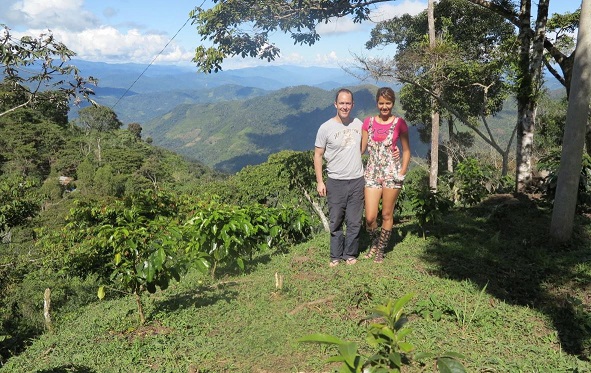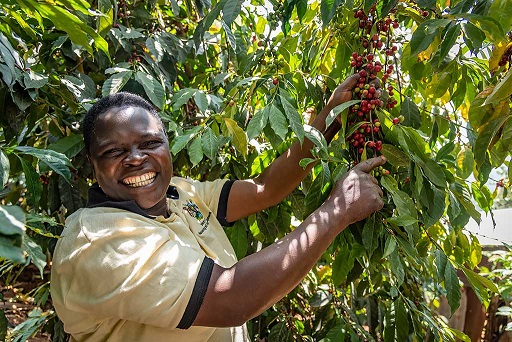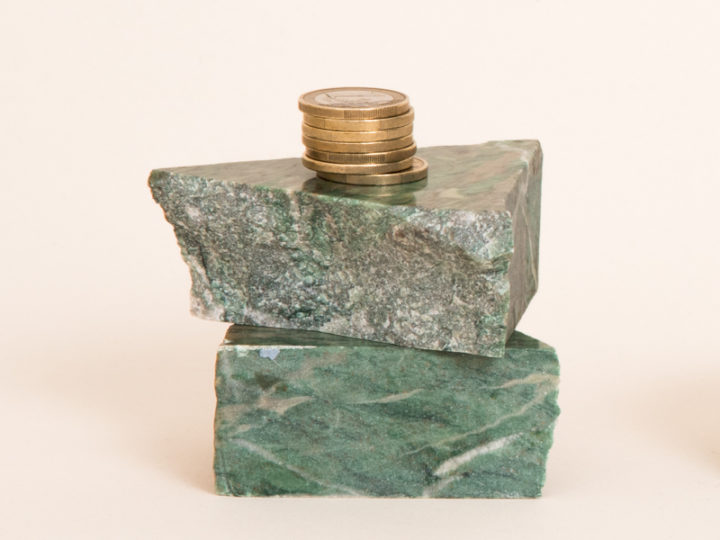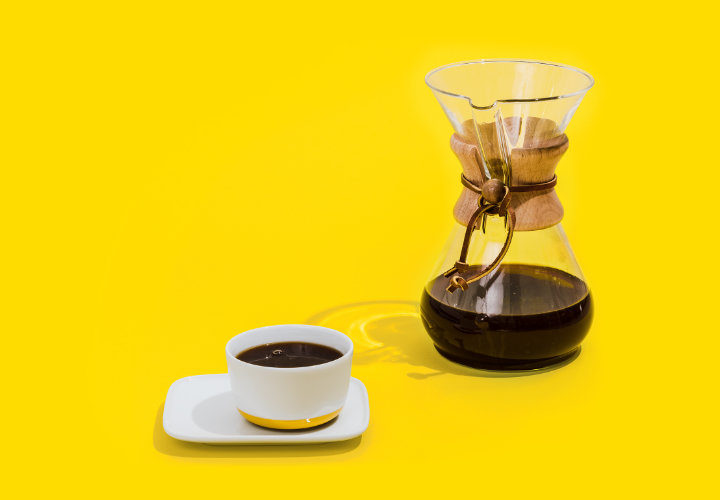Transparent and ethically and ecologically sustainable coffee production is a major subject when speaking of specialty coffee. But what does it mean in practice?
Coffee is a major part of almost everyone’s day, but where does your coffee come from? In Finland, we usually don’t know where the coffee has been farmed, whether the coffee has been purchased fairly or is it produced sustainably.
Problems with production
In many cases, the issue with coffee production is that the purchase chain isn’t traceable. The coffee is bought from a local actor, but there can be up to 20 people between the buyer and the farmer. These people pocket the money, leaving a lot less for the producer.

Direct Trade
Many of our partners get their coffee by Direct trade. In Direct trade, the roaster has a long-standing partnership with the farmer, getting their green beans directly without middlemen. This means all the income goes directly to the producer and can be used for the improvement of the farm and neighbouring areas. This enables a level of transparency that tells you the exact story of your coffee. A certain cup of coffee can be from a specific mountainside on a specific farm.
Many of our partners have told us about positive social programs with health care and schooling and environmental improvements with electricity and water management, that have started because of direct trade.
The roasters visiting also gives a chance to cooperate with the farmer on production. The basis for longstanding cooperation is trust on both sides, which enables roasteries to get high-quality coffee and farmers to have a steady outlet regardless of changes between harvests.
Specialty Coffee Importers
Smaller roasteries don’t always have a chance to buy their coffee through Direct trade. This is when special importers, focusing on specialty coffee will work between the roaster and farmer. These companies have set principles for their green coffee purchases and bean quality, so the roaster can focus on roasting. A few notable importers are Nordic Approach, Falcon and ThisSideUp.
Importers often also enable the roaster-farmer cooperation giving the roaster a chance to visit the farm, see the production circumstances and make sure that the farmer shares their values. In these cases, the importer takes care of the importing, customs and storing as well as possible financing, things that can otherwise be problematic for small micro roasteries.
Coffee prices
One of the major questions with coffee production is, whether the producer can make a living with farming coffee. We can separate 3 levels for farmer income:
- Poverty line
- Minimum wage
- Minimum wage, plus enough to develop the farm and production further
We and our partners hope to offer producers more than these options. The profits from coffee farming should be at a level where the farmer has both possibility and motive to develop their farm and produce coffee that people are interested in buying. They also need to be able to improve both their own and their workers’ lives.
With our actions, we aim to support long cooperations between roasters and farmers.

Certificates
But what about certificates? You could think they would answer all the problems, but that is not the case.
The thought behind certifying coffee is quite good, but the reality is far from that. The farmers have to pay large amounts for the certificates, the money for which comes directly from their profits. This also means that smaller farmers don’t have the means to certify their coffee, even if they match the criteria.
The price the farmers get for Direct trade coffee is always higher than the minimum requirements for the price for Fair Trade certified coffee.
Sustainable production
Ethical sustainability
Ethically and financially sustainable production is farming, that has a future. As mentioned earlier, our goal is to live in a world where the farmer makes enough to make the development of production both possible and important for them.
We want to support production that brings improved living possibilities, schooling and health care to production regions and origin countries.
Ecological sustainability
Ecologically sustainable production has been a hot topic lately because of the forest fires in Brazil. The goal of ecologically sustainable production is to farm in a way that enables coffee farming in the future as well. This means sustaining soil quality, minimizing erosion and maintaining the biodiversity on farms. High-quality Specialty grade coffee is often cultivated in areas with natural forest to shade the coffee and a diverse selection of crops.
The future of coffee
What is the future of coffee production like? We believe, that by educating people about the issues in coffee production as well as possible solutions, we can inspire people to join us. There are no ready solutions, but we believe, that by baby steps, we can make it towards sustainable solutions, that enable enjoying coffee in a hundred years.
Let’s enjoy less coffee, but let’s also make it better, higher quality and more sustainable, together!
Order transparent specialty coffee
Learn more about the coffee experience
Images: Pasi Pelkonen (Cafe Nazca), Joonas Reinikainen (Kahiwa Coffee Roasters) and Life Earth Reisen
Comments (0)
Leave a reply
You must be logged in to post a comment.




